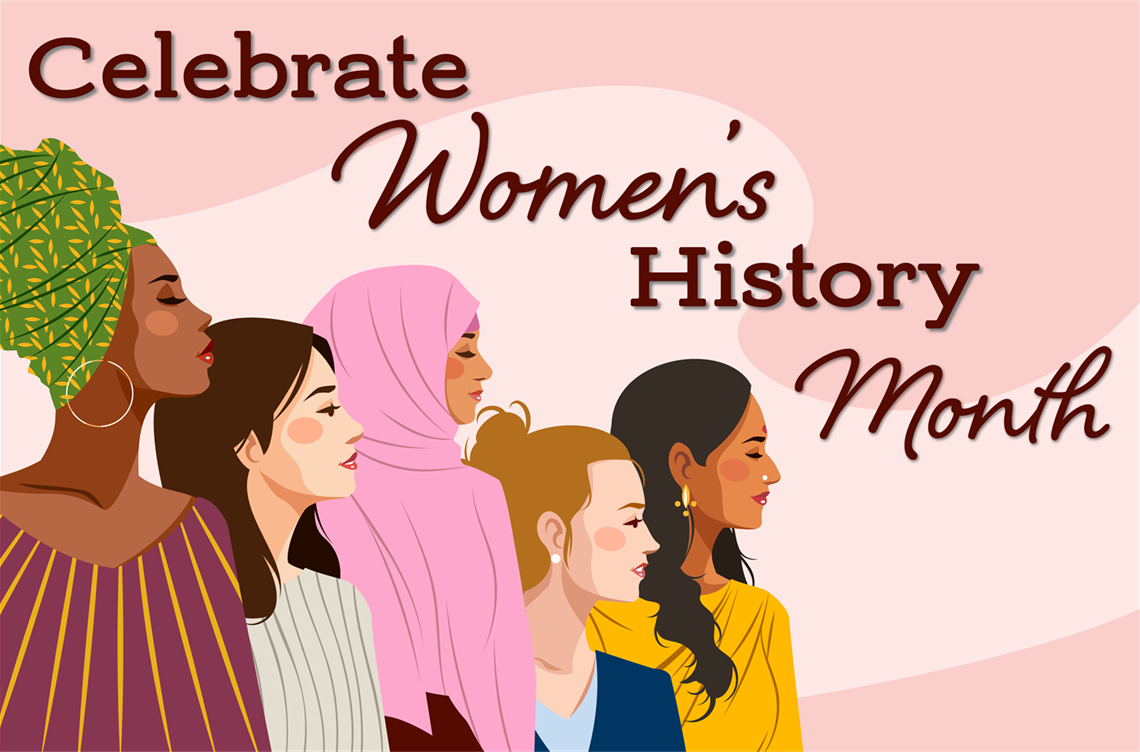
When you are getting ready to self-publish your book, two questions loom over your project and, in fact, your entire life:
– Who will read my book?
– How will I find them?
You’ll find lots of advice online about how to promote your book. Typical ideas may include setting bargain days (especially for the ebook version) and then paying promoters to send out thousands of emails about your opus to their subscribers. You are advised to set up your website and Facebook page, and flood the ether with tweets (doing your part to alleviate the serious shortage of tweets out there).
Some sites may advocate a kinder, gentler version of self-promotion, where you locate online groups who might be interested in things similar to your book and so you join, making a point of doing enough to be recognized as a contributor before you do much mentioning of your great work. Conducting the delicate dance of promoting while seeming not to. Flying casually past the imperial star destroyer of being perceived as selling or spamming.
There is another approach to consider: Community Marketing.
One of your best opportunities to get your book started is to bring it, directly and honestly, to the communities where you already are a contributor and a known friend. You’ll be surprised how many people are willing to give your book a chance, and, if it’s excellent (that part’s up to you), they will tell their friends about it or write a review.
This may seem to be in conflict with another piece of advice that you’ll see – to seek out people interested in the subject matter of your book, rather than people you simply know.
Here’s how that apparent conflict resolves:
The people you choose to spend time with probably think about similar themes as you, and hopefully what matters about your book is theme – those ideas that you care mostly deeply about – just as much as the overt subject matter.
Here’s an example of community marketing from the launch of my science fiction novel The Great Symmetry. A reasonable person would think that it’s important to find science fiction enthusiasts – that’s the overt subject matter. But that posed a problem, because as much as I love science fiction, it happens I have not become part of scifi affinity groups.
Rather, my community is defined mostly by the groups shown in the Affinity (Avvenity) diagram below.
 Luckily, there’s some alignment going – more than I would have thought. Out of each population, some people like science fiction. Others care about freedom of ideas and social equity, which are strong themes of the novel. Others just like an adventure story in any setting.
Luckily, there’s some alignment going – more than I would have thought. Out of each population, some people like science fiction. Others care about freedom of ideas and social equity, which are strong themes of the novel. Others just like an adventure story in any setting.
It’s really worth evaluating which of your communities may be interested in your book, even if you initially don’t see any alignment. For example, members of all six of the groups I list above have bought my novel.
Now you need to learn how to tell people about your book. It’s scary. Nobody wants to sell to their friends.
Here’s the key realization to help you through this stage: You are probably not going to make money on your first self-published book.
It’s not a commercial venture. Some day in the future? Okay, maybe. But not today, or next week, or next month. The selling price of your book isn’t income, not by a long shot – it’s cost recovery.
This is actually good news.
Your book is your art. It’s your labor of love. And that changes everything.
Instead of selling, you are sharing a part of yourself. People respect that. Once you embrace this idea, suddenly you can ask where you never could before. Go for it – tell people about your book. Ask them to come to your book launch. If they read it and liked it, ask them to post a review on Amazon or elsewhere.
You can ask because it matters. The ideas in your book matter. Sharing those ideas with your friends matters.
My friend Kurt told me this one day, as I was pondering how many Facebook posts about the book launch was too many:
“James, DO NOT apologize for promoting your book! Use any legitimate means at your disposal to get the word out!”
As the date of my first public reading and the official book launch date approached, I faced a level of social terror that I don’t think I have ever experienced before. I had spent years on this project. But – no matter what I might do to get the word out, what if nobody other than my mom showed up?
So I asked.
I wrote individually to friends to tell them about the event. I asked a local talk radio host for a radio interview. I asked the editor of our local paper, The Cascadia Weekly, to profile the book. I made a Facebook event and invited everyone in the known universe. The results were encouraging.
Attendee count: 123 people, the third highest in the history of the bookstore (Tom Robbins and Ivan Doig outdrew me). Mostly because I asked. And in case you were wondering, my mom did make it.
Community Marketing won’t work forever. After a while, you’ll run out of friends who don’t yet know about your book. In the long term, it can’t be your only plan. But I believe Community Marketing can be very effective in helping your book get started: getting some copies out into the world, having an encouraging first reading event, and accruing those all-important first few reviews.
Just remember – it’s okay to ask for something you think is important.
Helpful Notes:
All the community marketing in the world won’t help your book if it’s not good enough. See this post The Kübler-Ross Stages of Editing about the process of getting ready for publication.
Song Lyrics from “Paperback Writer” by John Lennon and Paul McCartney.
CBR Editor's Note about James R. Wells, the author of this post:James R. Wells is the author of The Great Symmetry, a science fiction novel set 300 years in the future, but is definitely about the world we live in here and now.
“In an asteroid in the Aurora star system, exoarcheologist Evan McElroy has made a discovery about the Versari, a long-departed alien race. He doesn’t realize that his findings will reawaken the long-buried struggle of the Infoterrorists, who believe that all knowledge screams to be free, against those who maintain the True Story that holds all of civilization together.”
With its Kafka-esque view of an escalating, dominant corporate presence, James R. Wells’ The Great Symmetry echoes the timeless social messages of truth, freedom and sacrifice embraced by science fiction greats like Ray Bradbury, Robert Heinlein, and the author’s own great grandfather —H. G. Wells. You may find out more about this stunning debut sci-fi novel and its author at www.TheGreatSymmetry.com.










Great advice, James! I will do my best to screw up my courage and promote myself more. But it’s still really hard to ask, particularly for those of us who have multiple books published now. Can I really urge people I know to buy my ninth novel? Oh, and by the way, I’ll be signing my three Summer Westin eco-mysteries (ENDANGERED, BEAR BAIT, UNDERCURRENTS) at the Bellingham Barnes & Noble at 1 pm on Sept 5, and giving away cards for a free ebook copy of my mystery THE ONLY WITNESS to each purchaser.